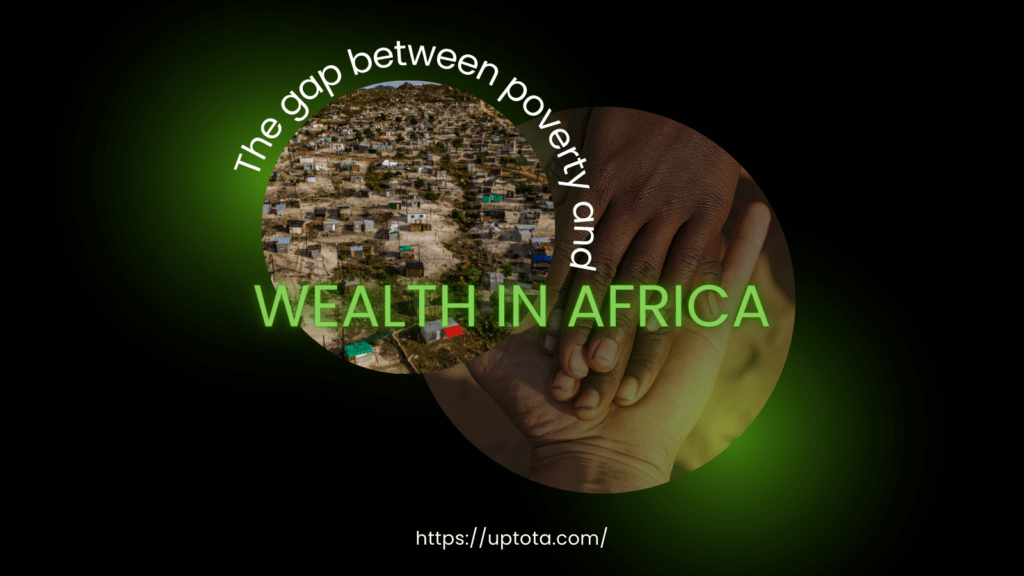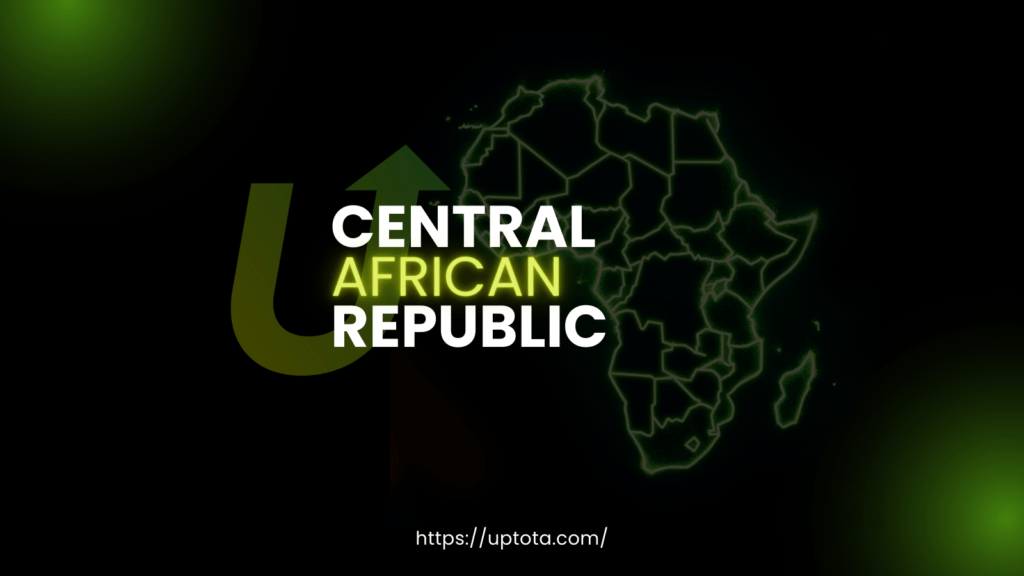Many emerging markets still have some way to go in terms of access to basic financial services. Millions of people do not have access to bank accounts or credit, which significantly limits their economic development. However, centralized exchanges (CEX) for cryptocurrencies are playing an increasingly important role in breaking down these barriers and promoting financial inclusion.
Centralized Exchanges and their role in providing financial services
Centralized Exchanges are platforms where you can trade cryptocurrencies. They act as intermediaries between buyers and sellers. In addition to trading, many of these exchanges also offer other financial services, such as digital wallets, savings products and microloans.
For people who have no access to traditional banks, CEX are a good alternative. All you need to use them is an internet connection and a mobile device. This means that they can actively contribute to financial inclusion even in remote regions.
Concrete examples: financial inclusion in Africa
Africa is a continent with millions of people who do not have access to banks. This shows how important centralized exchanges can be for change. A good example is Uptota.com, a centralized exchange designed specifically for underserved regions of Africa.
How Uptota promotes inclusion:
- Access to cryptocurrencies: Uptota makes it easy for users to buy, store and trade digital currencies. This enables people without bank accounts to use new financial services.
- Local currencies: The platform supports several African currencies and makes it easy to exchange them for cryptocurrencies. This is perfect for users from Africa because it makes it much easier for them to get started.
- Education: Uptota also uses educational initiatives to show users how to handle digital content securely. This builds trust and strengthens digital financial literacy.
- Money transfers: Many Africans rely on expensive money transfer services. With Uptota.com, users can make low-cost cross-border payments.
Comparison with traditional banking systems
Traditional banks are simply no longer up to date in many underserved regions. This is partly due to:
- High infrastructure dependency: Banks simply need a place where they are present, which is often not so easy in rural areas.
- High costs: Many banks charge fees that are not affordable for people with low incomes.
- Strict requirements: Documents such as salary statements or credit checks are often required to open a bank account. However, many people in emerging markets cannot provide these.
In contrast to decentralized exchanges, centralized exchanges are more secure and trustable. They need to fulfil specific regulations which make centralized exchanges much more reliable.
A path to greater financial equality
Digital platforms like Uptota shows that they can play an important role in facilitating access to financial services for people in emerging markets. They make it easier for millions of people to participate in the global financial system. This is not only an alternative to traditional banks, but an important step towards greater economic participation and financial self-determination. Go to Uptota.com and learn more about it.






